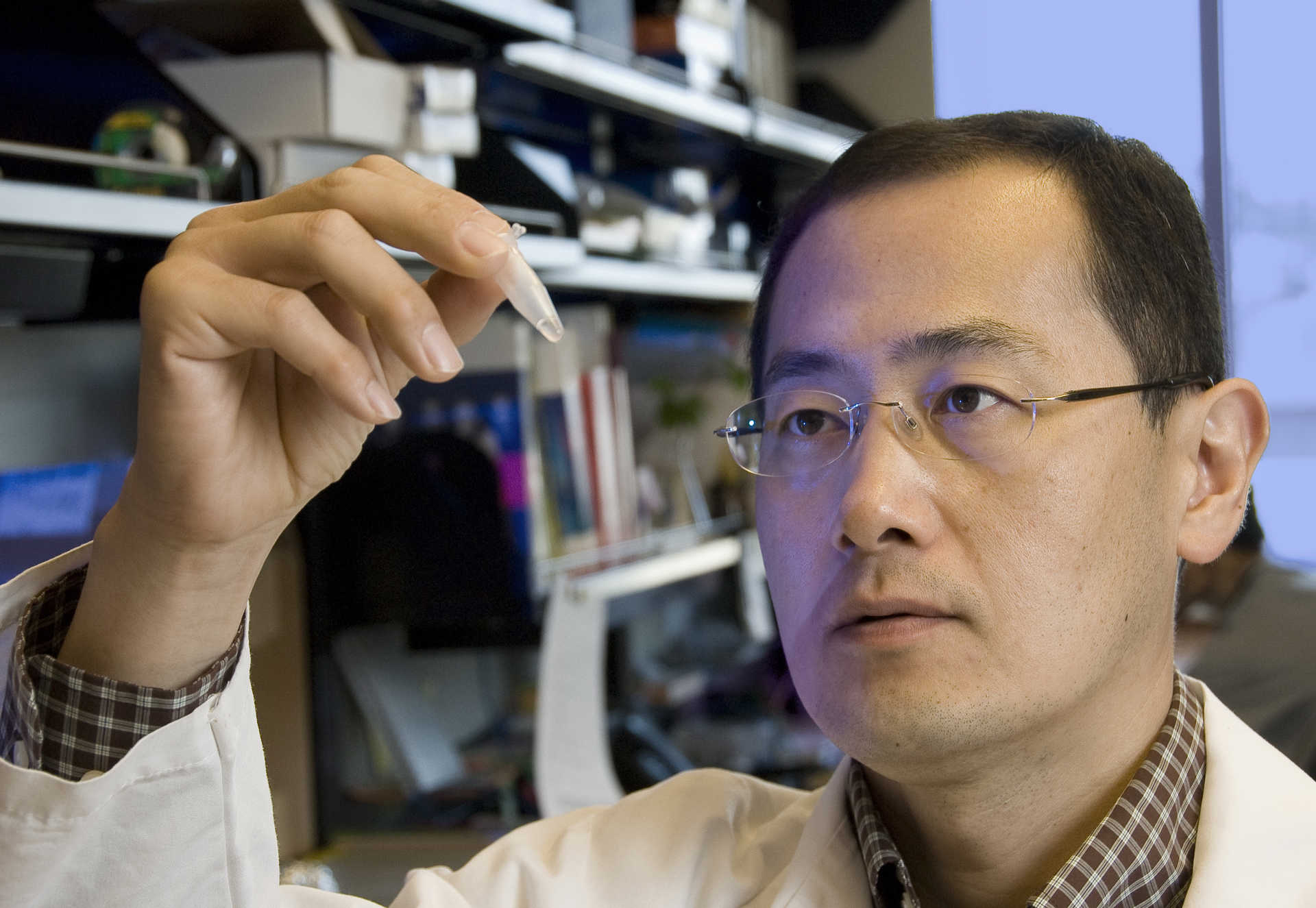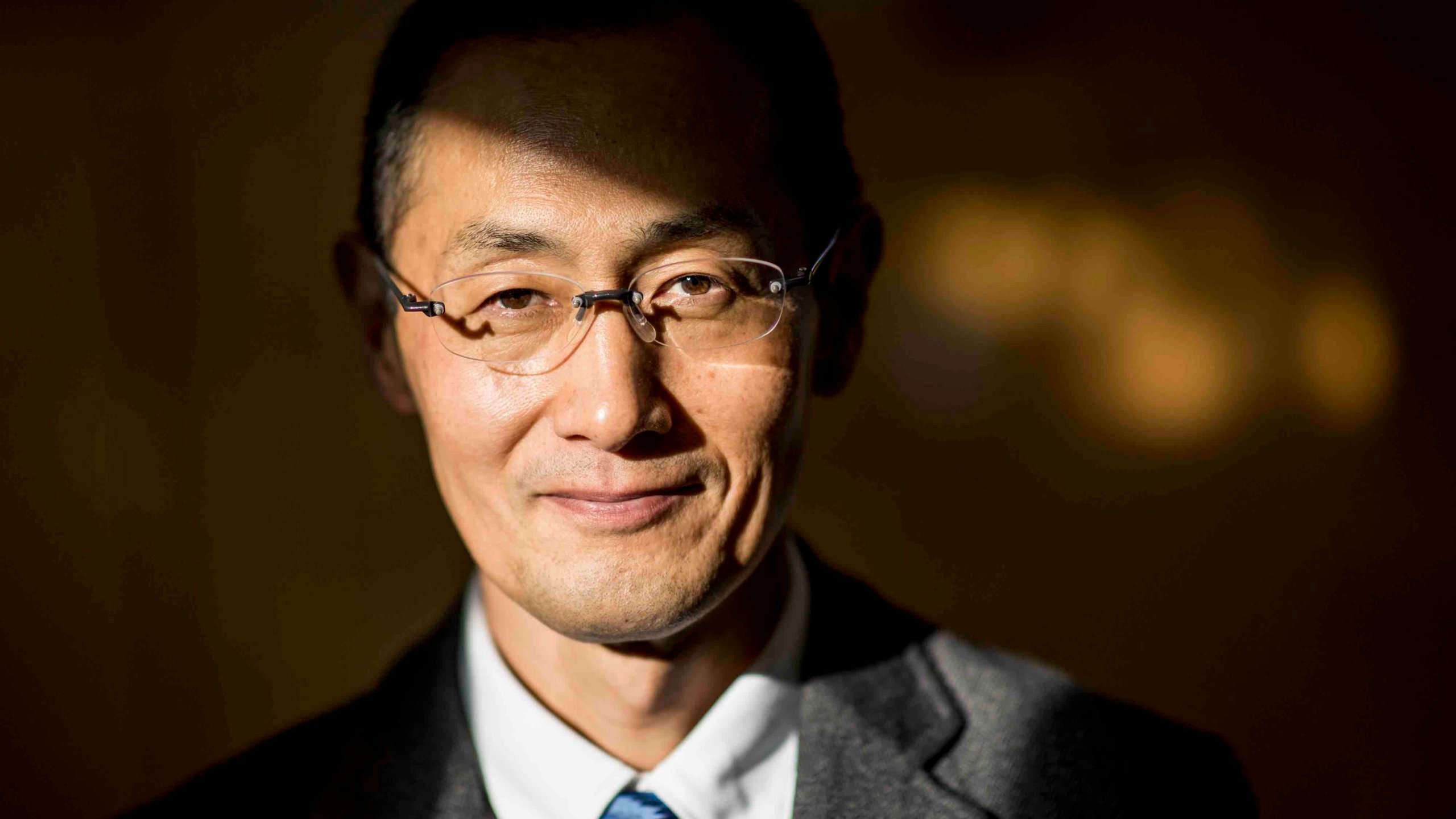Shinya Yamanaka: The Scientist Who Revolutionized Stem Cell Research
Introduction
Shinya Yamanaka, a Japanese stem cell biologist, made a groundbreaking discovery in 2006 when he successfully reprogrammed skin cells into induced pluripotent stem (iPS) cells. This revolutionary feat opened up a plethora of new possibilities for regenerative medicine and disease research. This essay aims to critically examine the complexities of Shinya Yamanaka's scientific journey, analyzing the ethical implications, the impact of his work on the scientific community, and its broader societal implications.
Yamanaka's Discovery and its Scientific Significance
Yamanaka's discovery of iPS cells was a major breakthrough in the field of stem cell research. Previously, scientists relied on embryonic stem cells (ESCs) to study human development and disease, but ESCs raised ethical concerns due to their derivation from human embryos. iPS cells, on the other hand, could be generated from adult body cells, effectively bypassing ethical issues and offering a potentially limitless source of patient-specific stem cells.
The scientific significance of Yamanaka's discovery is multifaceted. iPS cells have the potential to revolutionize regenerative medicine by providing a patient's own cells to repair damaged tissues or replace diseased organs. They have been successfully used in preclinical studies to treat conditions such as Parkinson's disease, spinal cord injury, and heart failure.
Furthermore, iPS cells have become a valuable tool for disease modeling and drug discovery. By generating iPS cells from patients with specific diseases, scientists can study the underlying mechanisms of disease and develop personalized treatments. iPS cells have also been used to identify potential drug targets and evaluate drug efficacy in a patient-specific context.
Ethical Considerations
While Yamanaka's discovery has opened up tremendous scientific opportunities, it has also raised important ethical questions. One of the main concerns is the potential for iPS cells to be used in reproductive cloning or germline editing, which could have far-reaching implications for human health and society.
Another ethical consideration is the potential commercialization of iPS cell-based therapies. Ensuring equitable access to these treatments, particularly for patients in low-income and underserved communities, is crucial.
Impact on the Scientific Community
Yamanaka's discovery has had a profound impact on the scientific community, transforming the field of stem cell research and related areas of medicine and biology. His work has inspired a new generation of scientists to pursue cutting-edge research in regenerative medicine and disease modeling.
Yamanaka's approach to iPS cell generation has become a standard protocol used worldwide. Researchers are now exploring various methods to improve the efficiency and safety of iPS cell production, and ongoing efforts focus on developing clinical-grade iPS cell lines suitable for therapeutic use.
Societal Implications
Yamanaka's discovery has broader societal implications beyond the scientific community. The potential of iPS cells to revolutionize regenerative medicine raises hopes for the treatment of previously untreatable diseases and improved quality of life for millions worldwide.
However, it is essential to approach this technology with a balanced perspective. While iPS cells hold immense promise, it is important to manage expectations and recognize that there are still significant challenges to overcome before widespread clinical applications become a reality.
The ethical considerations surrounding the potential misuse of iPS cells also require careful societal dialogue and policy development. Ensuring ethical guidelines and regulations are in place is critical to prevent unintended consequences and protect the integrity of scientific research.
Conclusion
Shinya Yamanaka's discovery of iPS cells has had a profound impact on the scientific community, regenerative medicine, and broader society. His groundbreaking work has opened up new avenues for research and paved the way for potential cures for a wide range of diseases.
However, the ethical implications of iPS cell technology demand thoughtful consideration and public discourse. Balancing the promise of scientific progress with responsible use is crucial to ensure the benefits of iPS cells are accessible to all while safeguarding our values and principles.
As Yamanaka's research continues to advance, it is essential to engage in a collaborative effort among scientists, ethicists, policymakers, and society at large to guide the responsible development and application of this transformative technology.
Chiefs Vs. Texans Injuries And Inactives: Who's In, Who's Out For Week 16?
Elvis Presley: The King Of Rock 'n' Roll Who Shaped Modern Music
Hiroshi Yamauchi: The Business Tycoon Who Made Nintendo A Global Powerhouse



